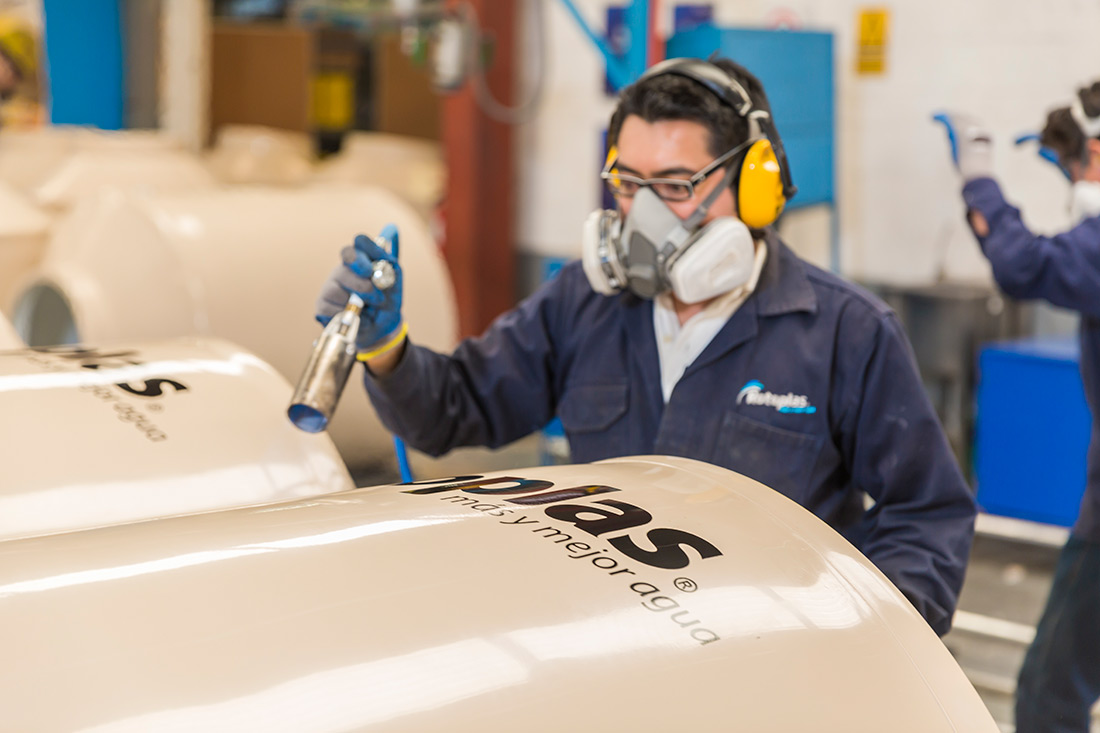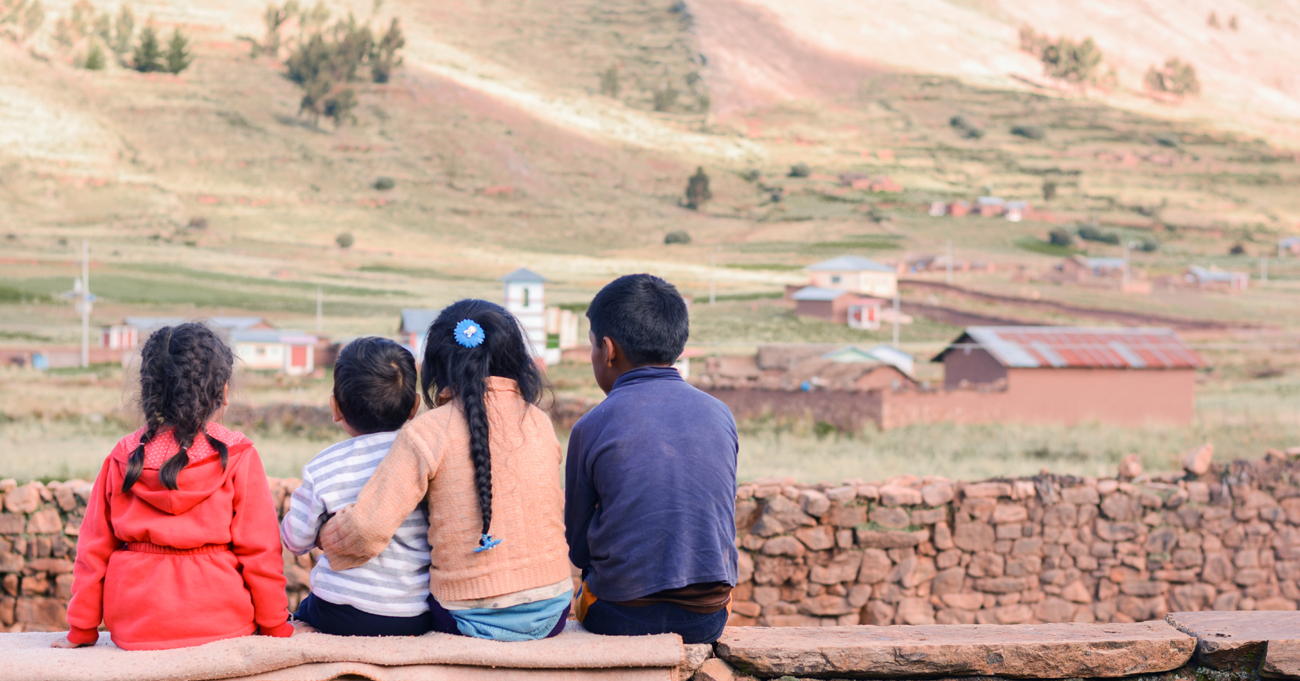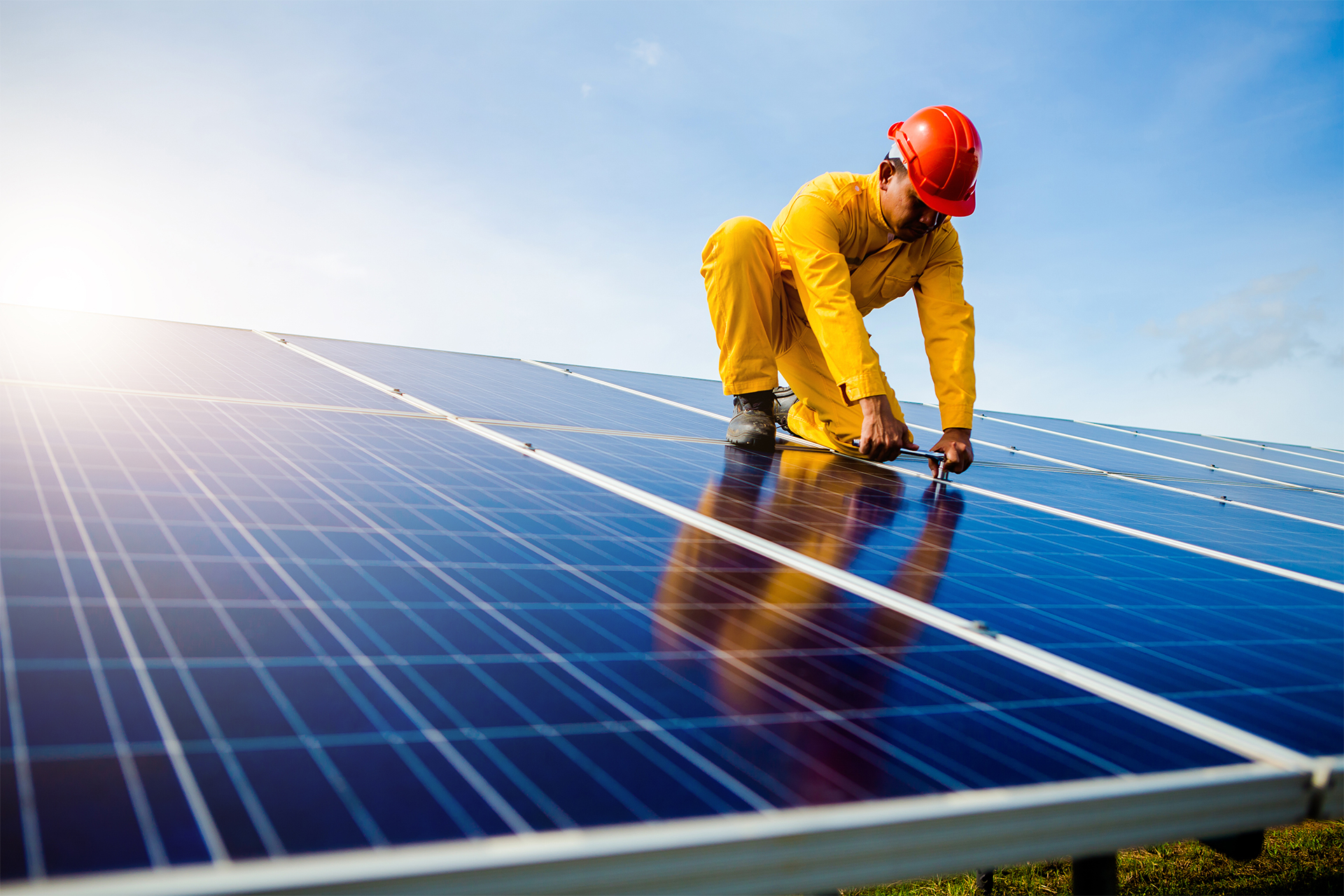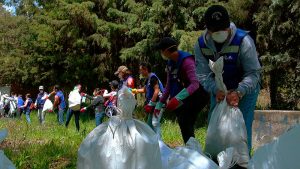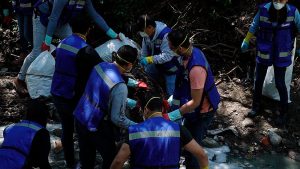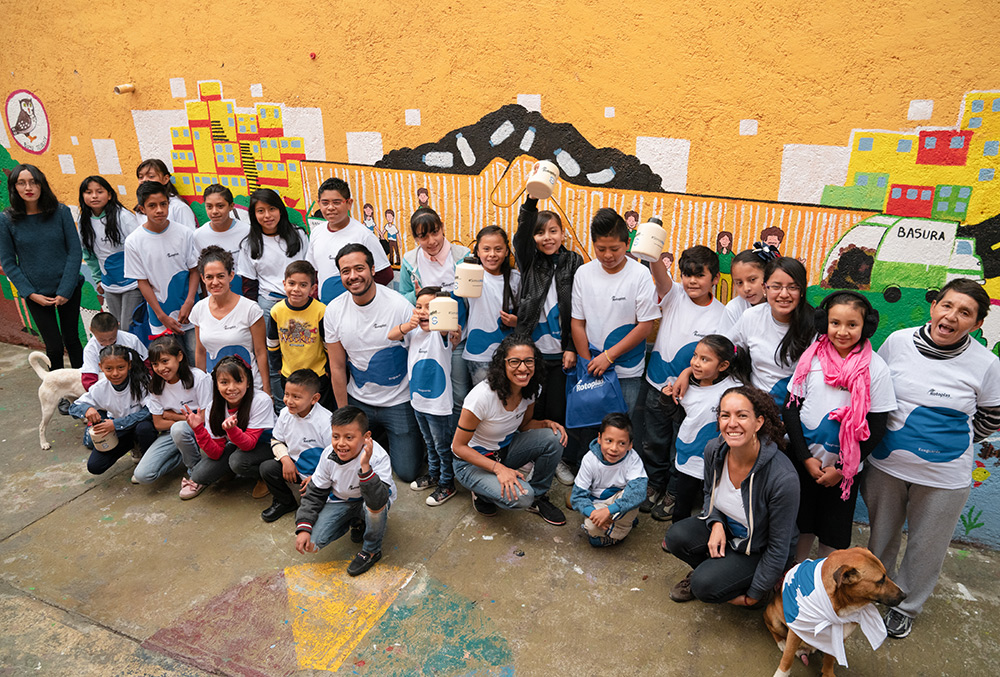|
Through our environmental product cards, our consumers, suppliers and other stakeholders acquire a 360 vision of the life cycle of our products, from the extraction of raw materials to its final disposal and recycle. |
All the products we use and consume come from somewhere, they are links of a manufacturing process, require transport and finally, need some steps to be taken for their final disposition. The detail of these stages is known as “Life Cycle”.
To face the current environmental risks, to which the most important is the climate change, it is necessary for people, governments, companies and other stakeholders to understand the magnitude and location of the impacts they generate or help to generate among their supply chain, in order to collaborate in reducing, mitigating and eliminate their impacts.
With the purpose of collaborating in the solution of the named problematics, toward a better understand of its products, Rotoplas performed a water and carbon footprint analysis for its most important water solutions. This was executed through the guidelines provides by the international norms ISO 14046 and ISO 14067, respectively.
By this study, which measures the water and carbon footprint, it could be assessed the most relevant life cycle impacts of 16 and 5 products respectively. For the water footprint, the eutrophication, ecotoxicity and scarcity impacts are assessed. These evaluate the input of harmful compounds that lower the oxygen availability in the water (eutrophication), that increase the toxicity of the environment (ecotoxicity), so as the water scarcity.
The results obtained suggest that a broad portion of the impact of our products is located in the use and end of life stages, so as the production of raw materials. Therefore, we have elaborated these environmental product cards, that can be reviewed to gain a better knowledge of the water and carbon footprint of our products in all its stages, from the extraction of raw materials towards the final disposition of recycling of our products, of whom most have a lifetime warrantee.
Additionally, we communicate the actions we take to mitigate the impacts among our operations and with our suppliers so as tips to address the impacts of the use and final disposition stages.
We invite consumers to review these environmental product cards, share them and prefer products that consider and address their impacts. Together we can design better alternatives for people to have more and better water.
These studies and our environmental product cards are aligned with the focal points 2 and 4 of our Sustainability Strategy. We invite you to review more information in the web page https://rotoplas.com/sustentabilidadhome-eng/
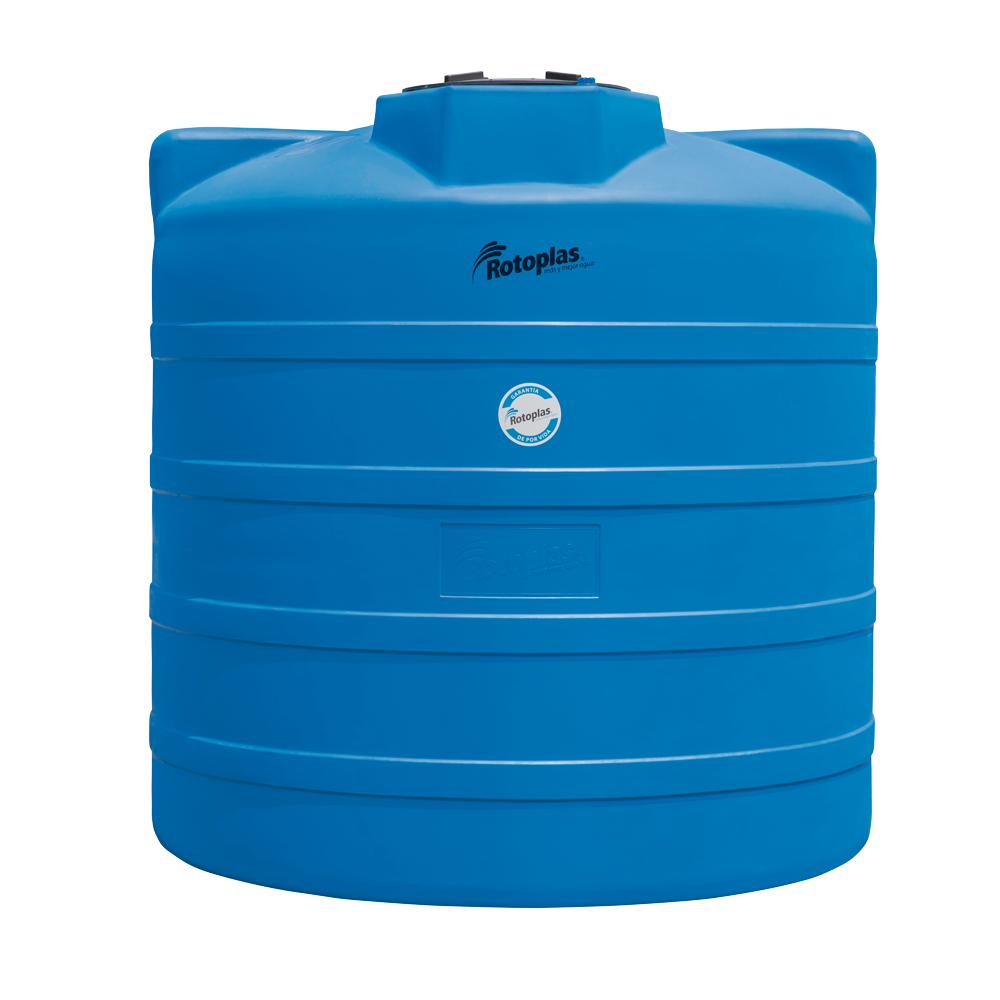
Tank 10,000 L 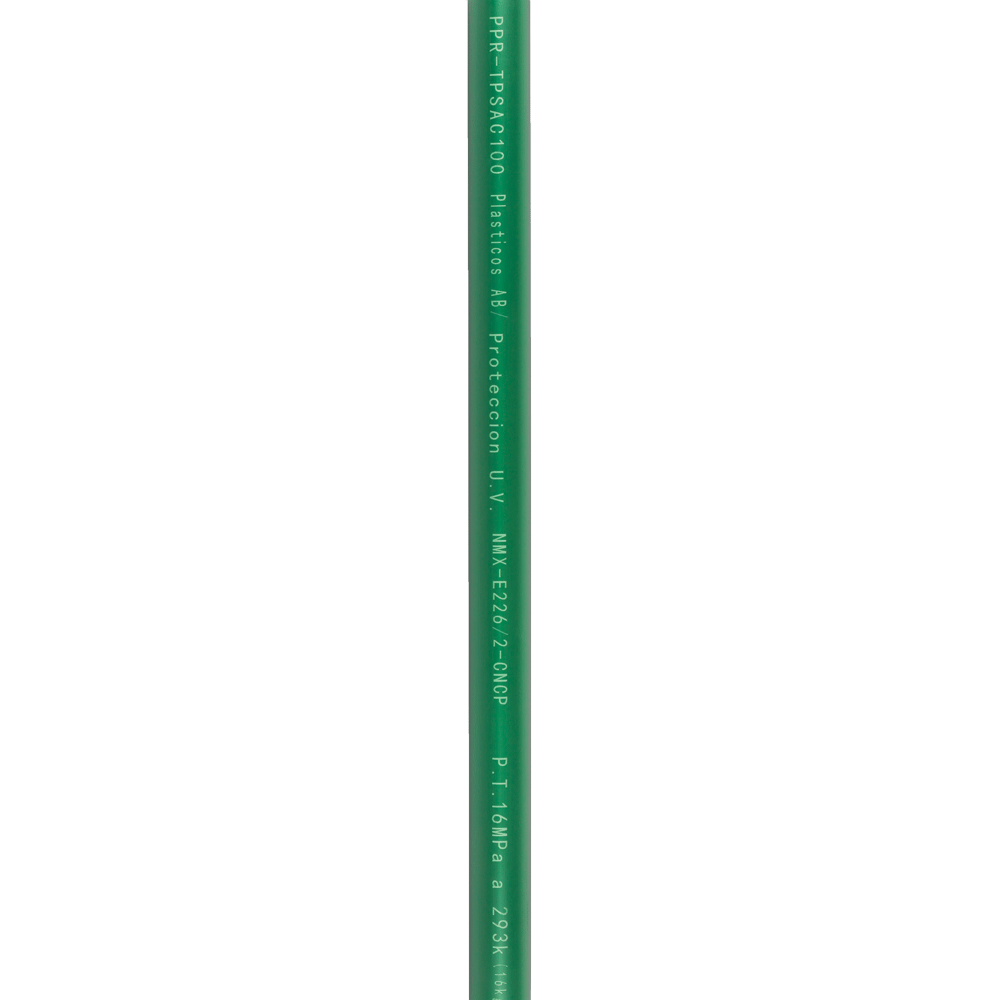
Tube Class 16 of 32 mm 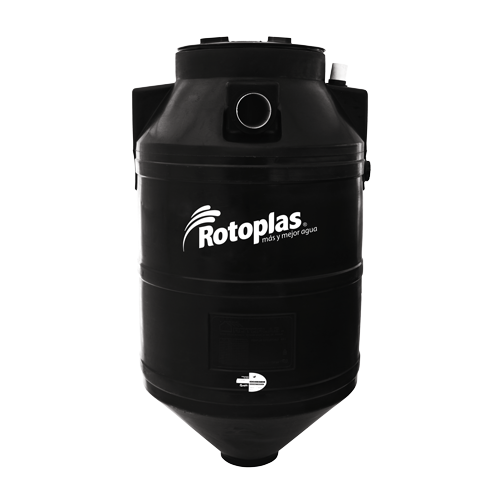
Self-Cleaning Biodigester 600 L ![]()
Multiconnector with ball valve 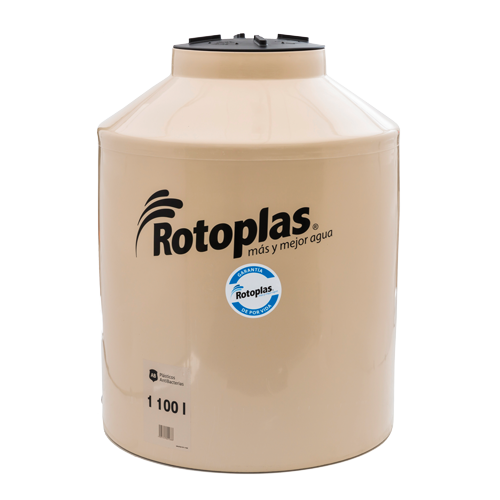
Water Tank of 1,100 L Trilayer 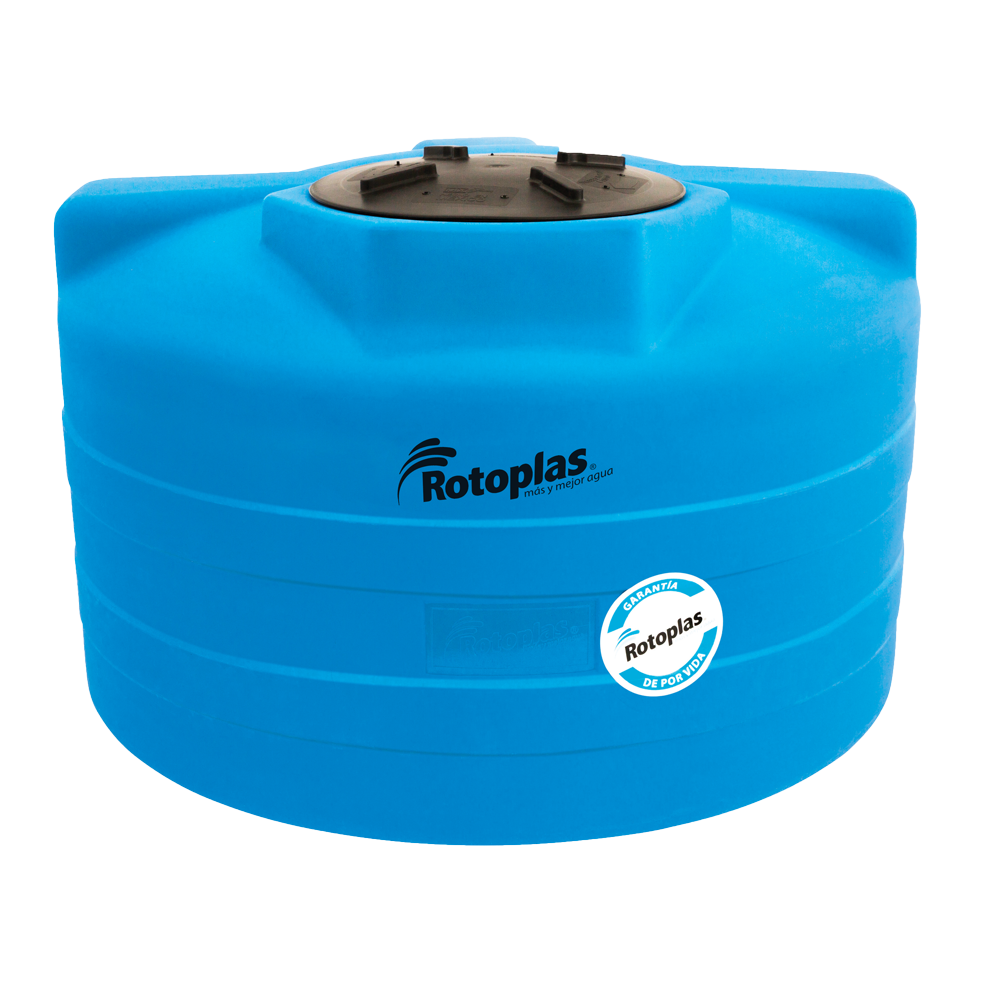
Tank 1,200 L 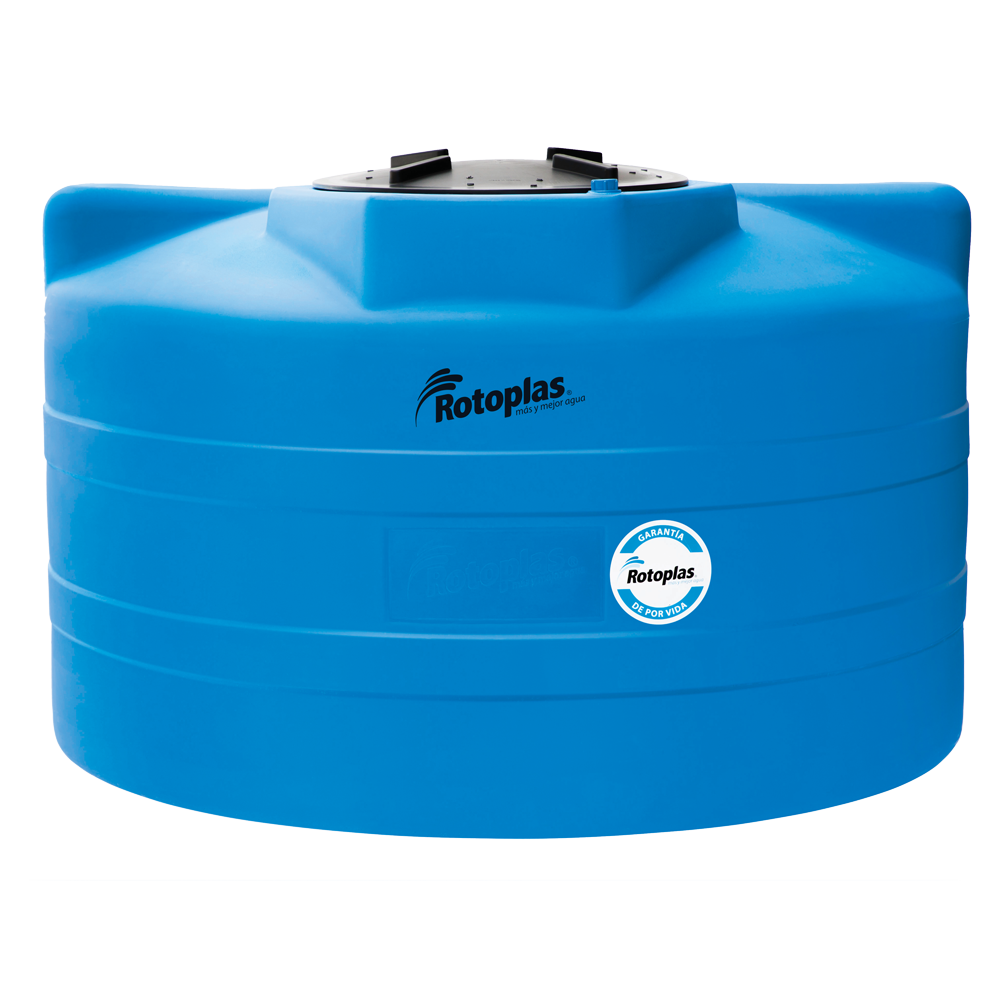
Tank 2,800 L 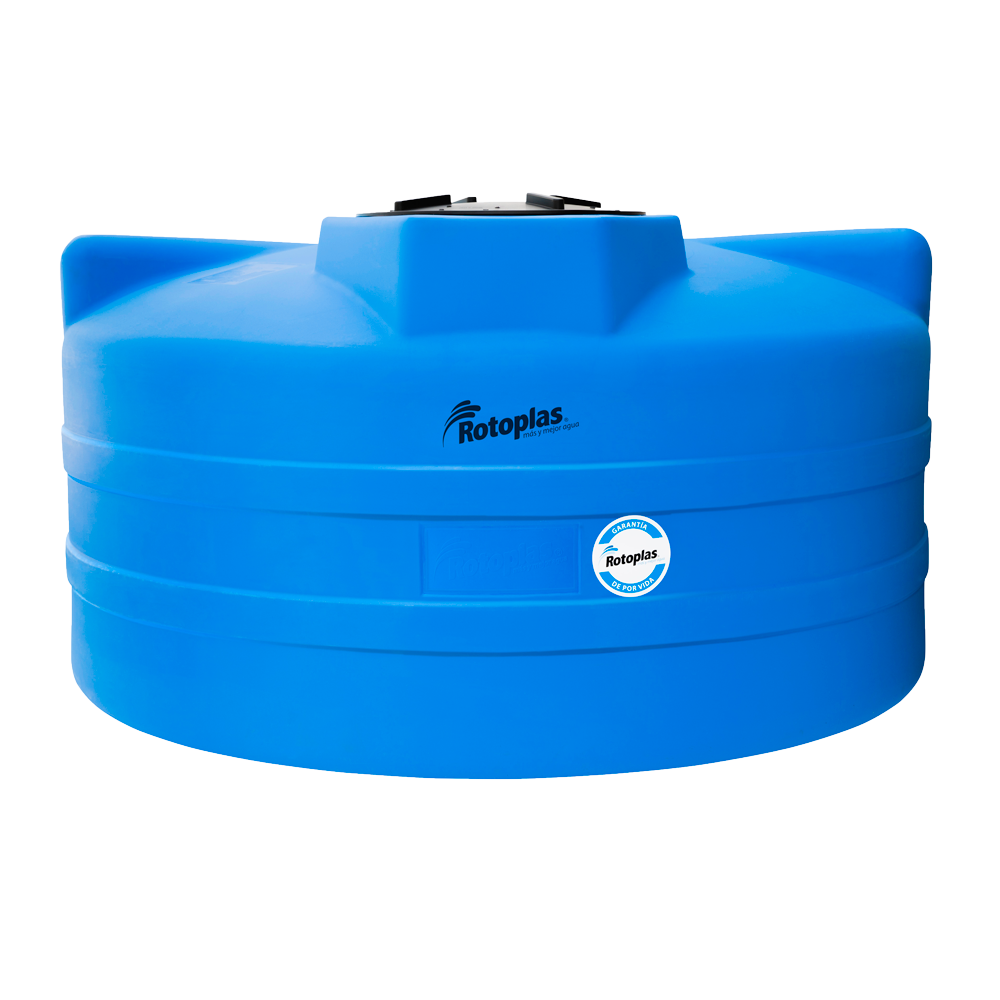
Tank 5,000 L 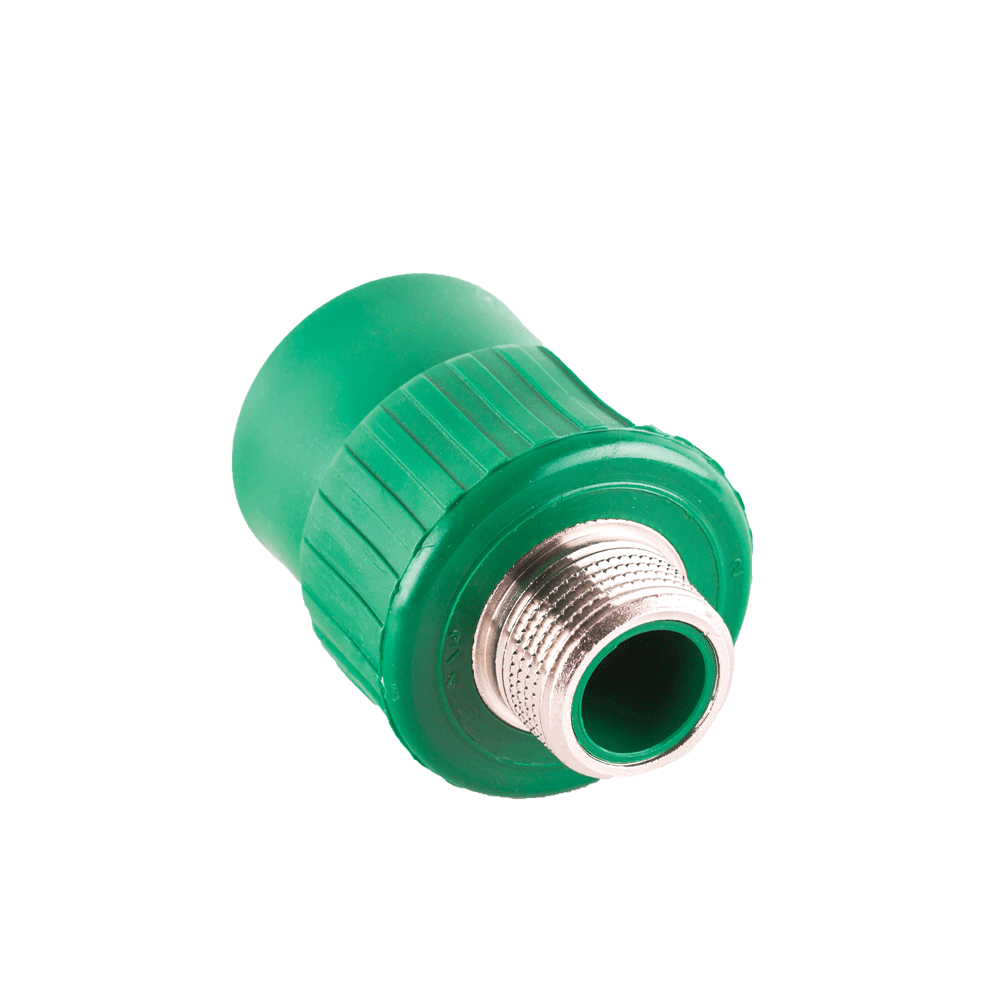
Male Connector of 20 mm x 1/2 
Male Connector of 25 mm x 1/2 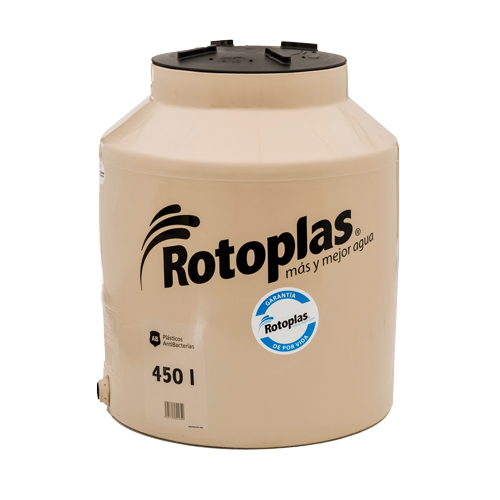
Water Tank of 450 L Trilayer 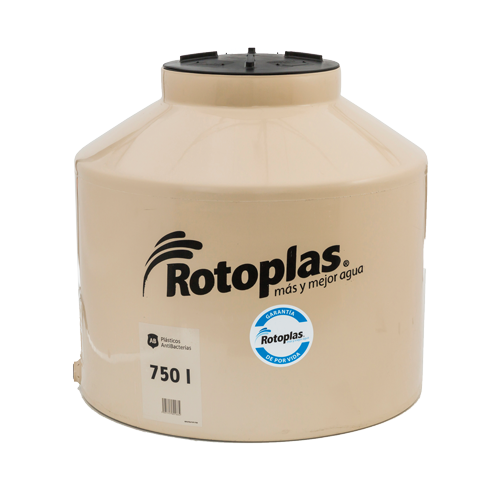
Water Tank of 750 L Trilayer 
Water Tank of 1,100 Two Layer 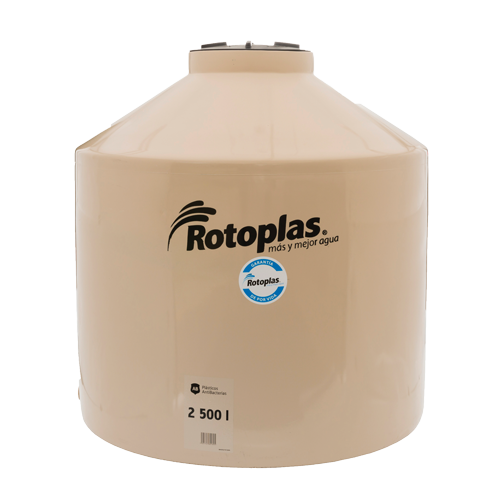
Water Tank of 2,500 L Trilayer 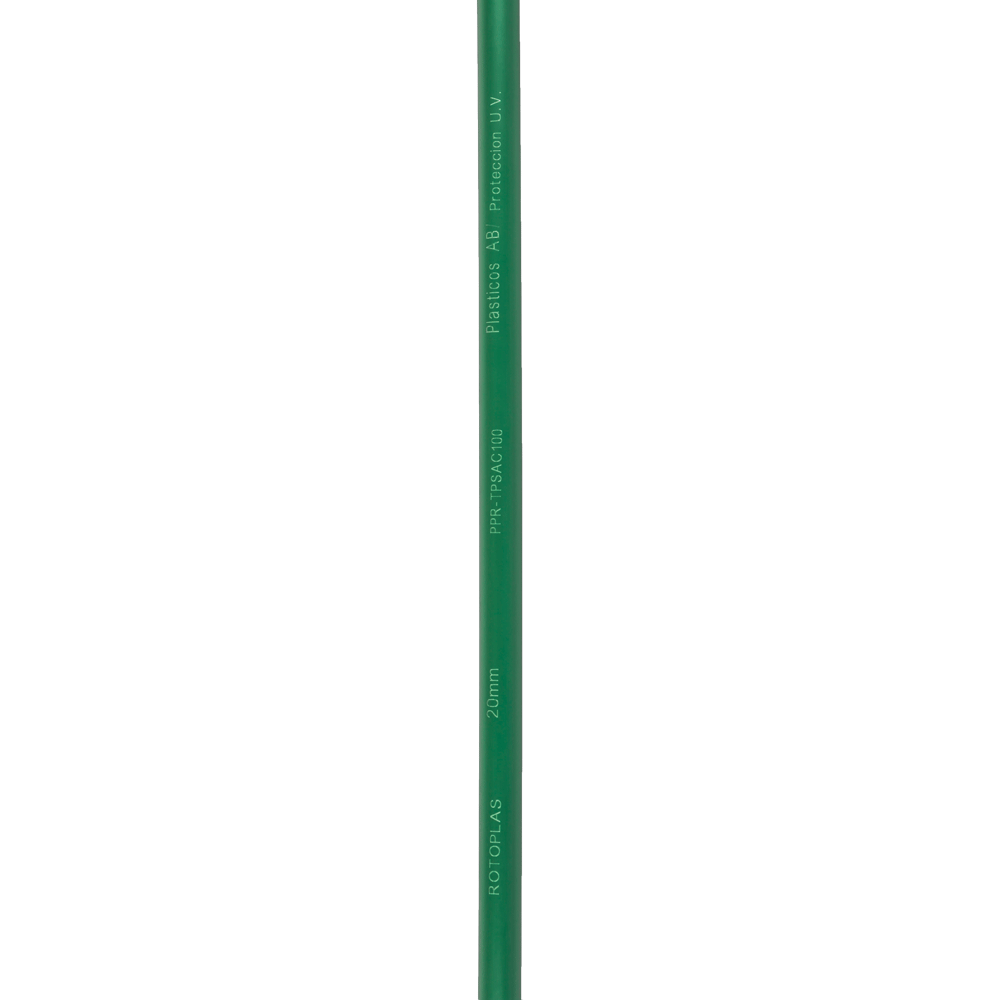
Tube Class 16 of 20 mm 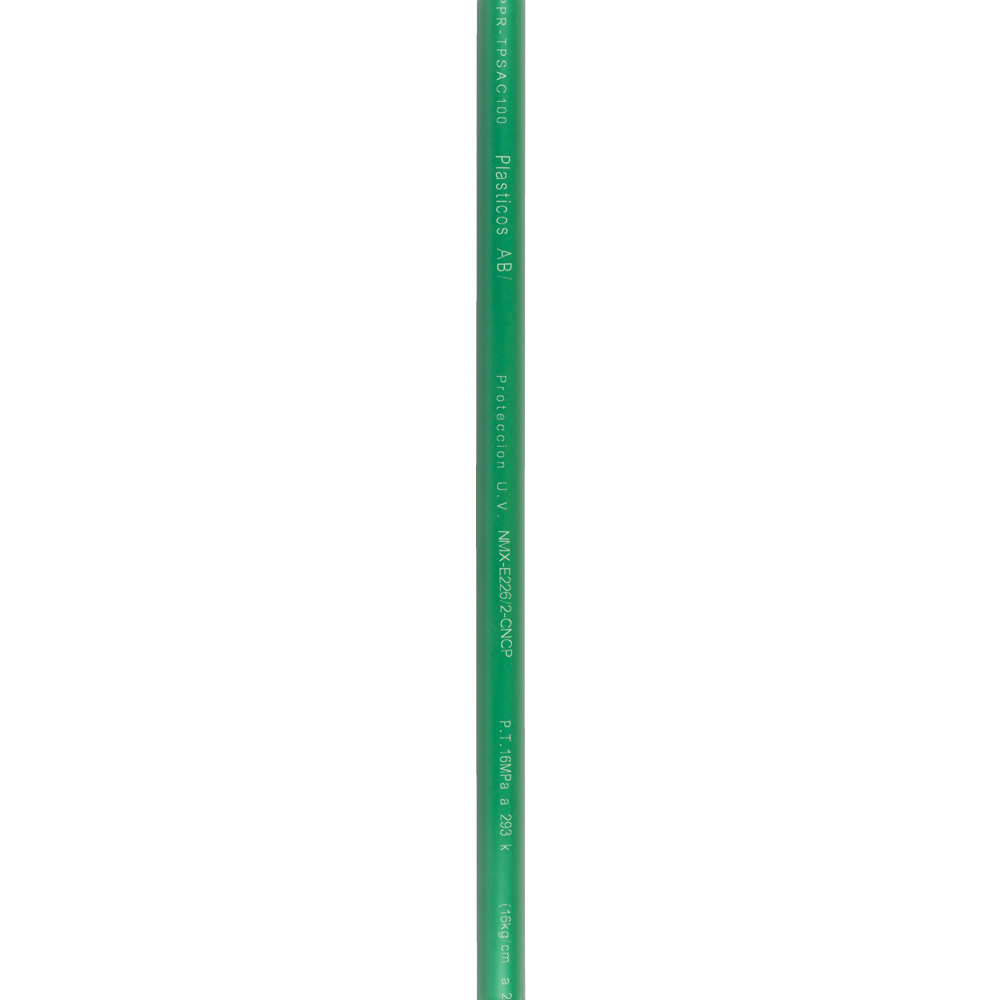
Tube Class 16 of 25 mm 4 mts
CO2 equivalences


